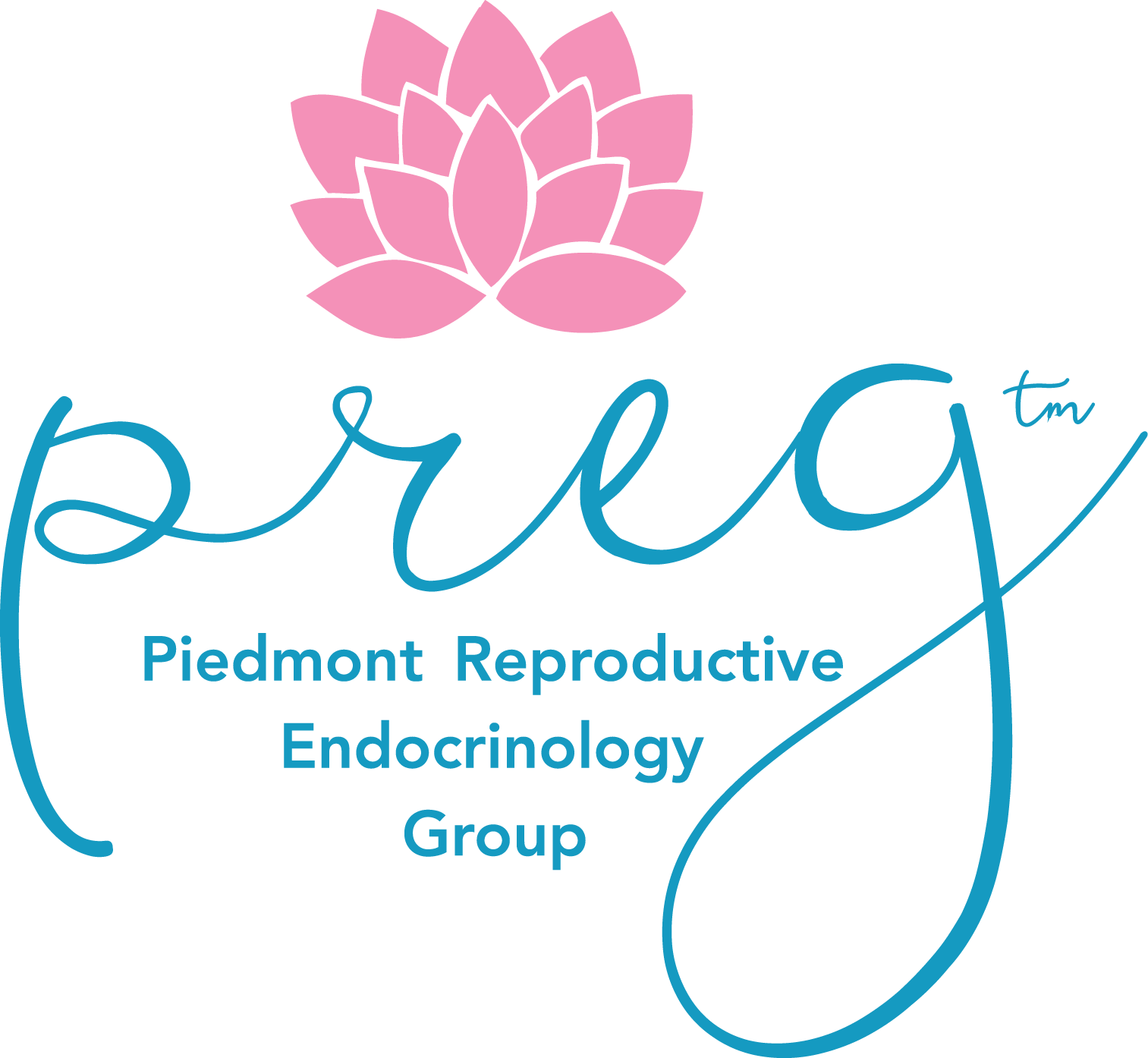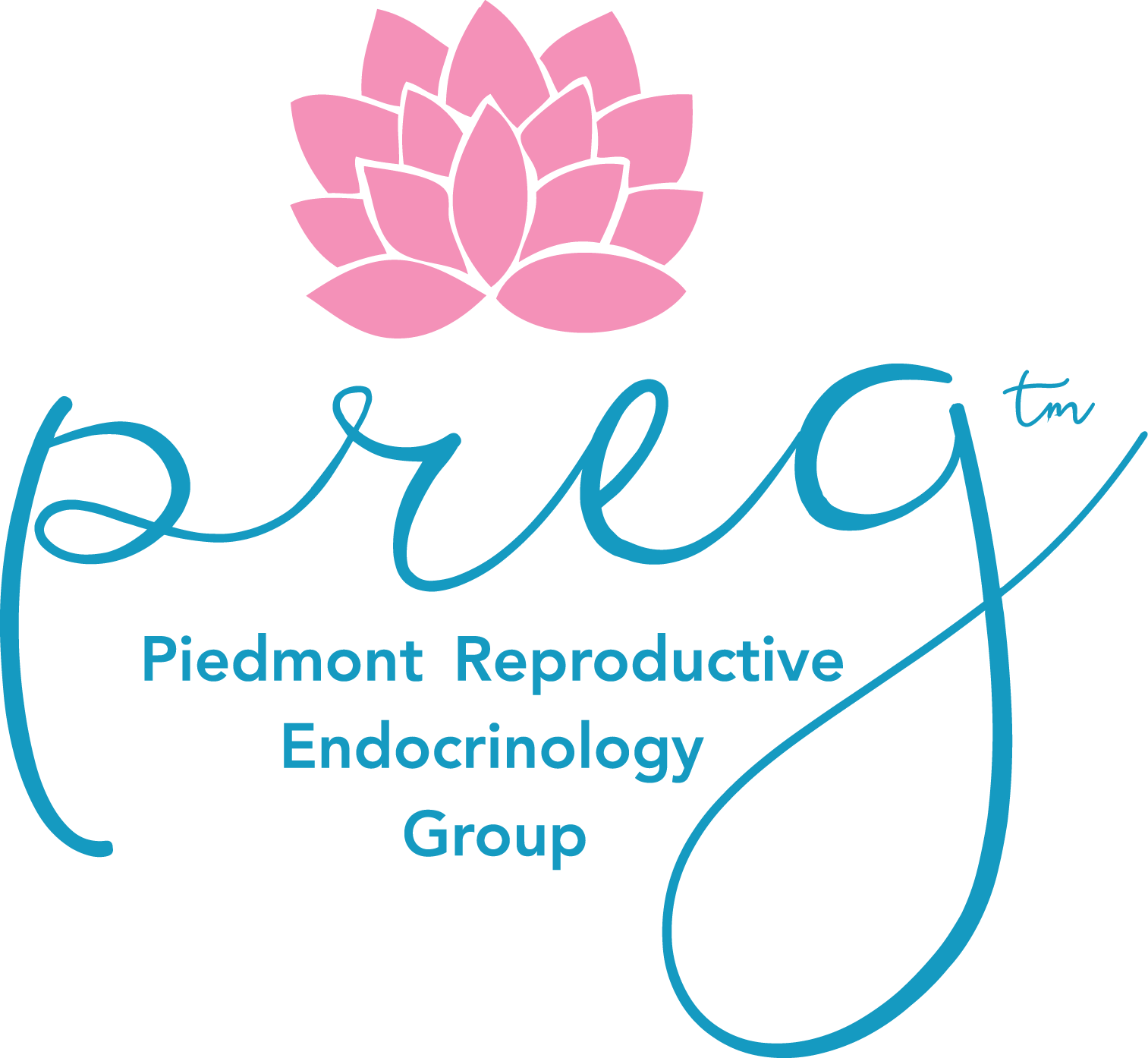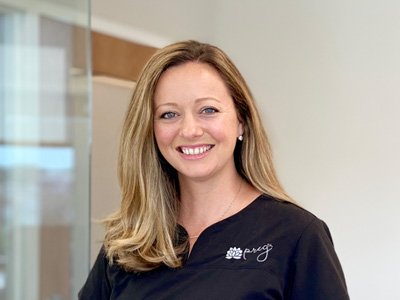FACT:
30-50% of women will develop fibroids during their reproductive years. Roughly ½ of these women will require surgery before menopause. The average age of first pregnancy is increasing in the United States. Fibroids larger than 3 cm have been shown to negatively impact the uterine cavity.
Each week our practice receives referrals from gynecologists who send us patients in need of fertility sparing surgery. More often than not, the underlying problem is fibroids. Although the exact cause of uterine fibroids is unclear, it is safe to say that it can be a combination of genetic and hormonal factors. What is critical for women to understand—especially women still wishing to conceive—is that fibroids can decrease fertility and their removal should be done with a minimally invasive procedure when possible, to leave the reproductive.
What exactly are fibroids?
Fibroids are tumors, usually benign, that develop in the uterus. Uterine fibroids are the most common tumor of the reproductive tract. Although it is not definitive, studies suggest that 70% of women will develop fibroids in their lifetime.
Fibroids 101
- Women nearing menopause are at the greatest risk, but fibroids can develop at any time— and grow significantly during pregnancy
- Fibroids can be sometimes be detected during a routine pelvic exam, but often require ultrasound or MRI to fully diagnose
- Symptoms may include pelvic pain, extended periods, excessive bleeding (even between periods), frequent urination, low back pain, difficulty getting pregnant
- Effective fertility sparing treatment options are available
We Specialize In Fertility Sparing Surgery
At Piedmont Reproductive Endocrinology Group (PREG), our goal is to provide minimally invasive, fertility sparing procedures that enable women to have children in the future. Oftentimes, women who are trying to get pregnant will ignore fibroid symptoms and avoid consulting a gynecologist because they fear a surgical procedure will prevent them from reproducing. This is simply not the case at PREG. We strongly encourage any woman who may have concerns to come see us and to receive a proper diagnosis. Even if surgery is required, there are several procedures available—treatments we specialize in—that will leave reproductive organs healthy.
“At PREG, we understand the concerns some women have with regards to surgery for fibroids and the potential impact on future fertility. That’s why we offer focused care with fertility-sparing treatment options for uterine fibroids. Thanks to the latest robotic surgery technology and our expertise in this area, we can often offer minimally invasive surgical procedures to minimize surgical complications, recovery time and improve future fertility outcomes.
Dr. Kathryn Imgrund,
Advanced Gynecologic Surgery and Infertility
Minimally Invasive Fibroid Surgery
Fertility-sparing surgery is safe, effective, and recommended for women who want to have children in the future. We have a practice focused on preserving the pelvic organs, with minimally invasive technique to better serve women whose fibroids qualify. By removing the fibroids, we can expect to have improvement in cycle flow, pain, and fertility rates.
The PREG Difference
If you have questions or concerns regarding fibroids or fertility, contact us today. At PREG, we provide thoughtful, individualized fertility care and a level of expertise that is proven in the countless couples we have helped. We treat each and every patient with the same care and concern; not only do we listen, we really hear you: your concerns, fears, hopes, and goals. We advocate and encourage and we’ll be your support and strength. We know that every patient is unique, and that’s why every treatment plan is personalized to reflect your unique and very specific needs. Our number one priority is you and our goal will always be delivering the experience you expect and deserve—and the outcome you want.



